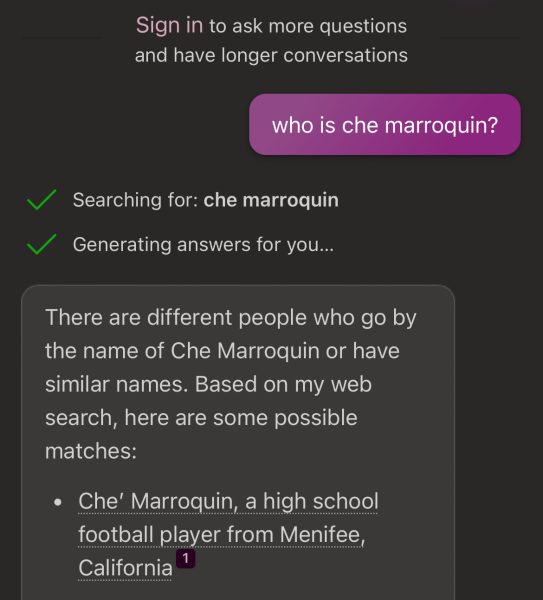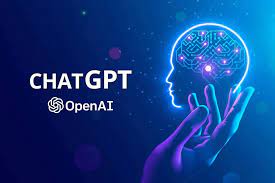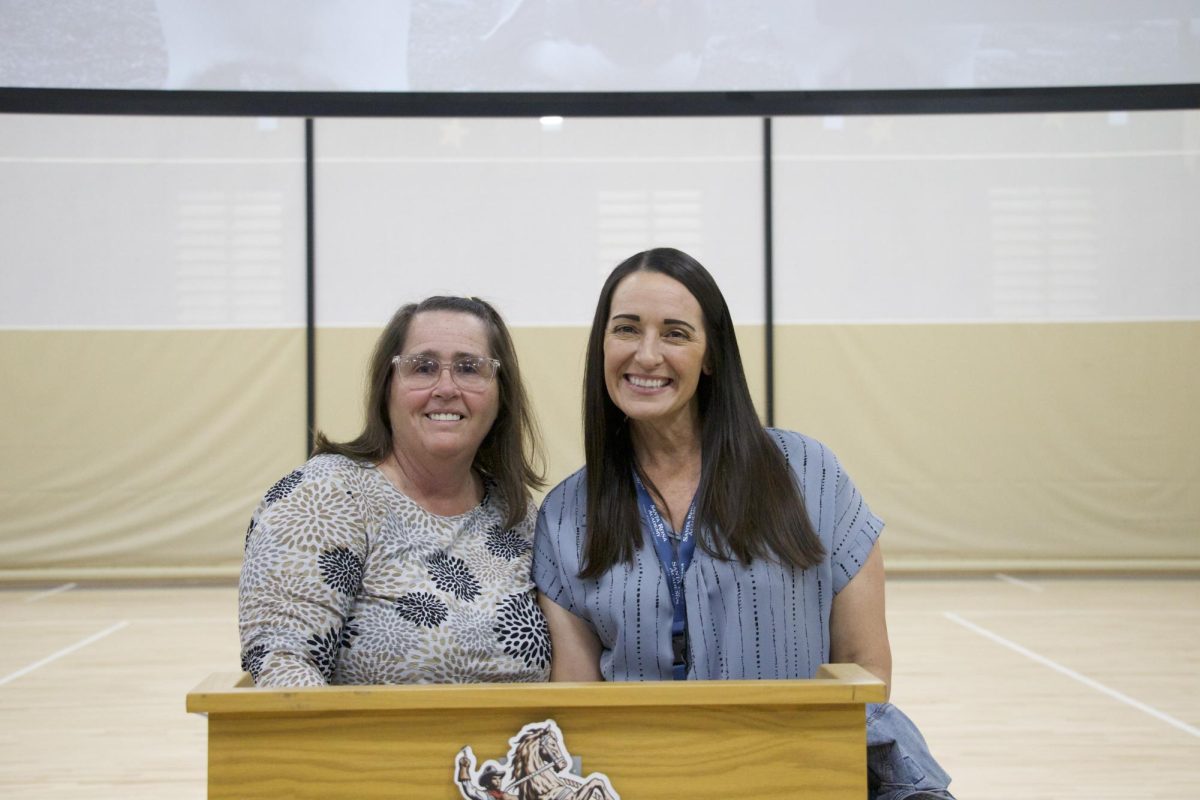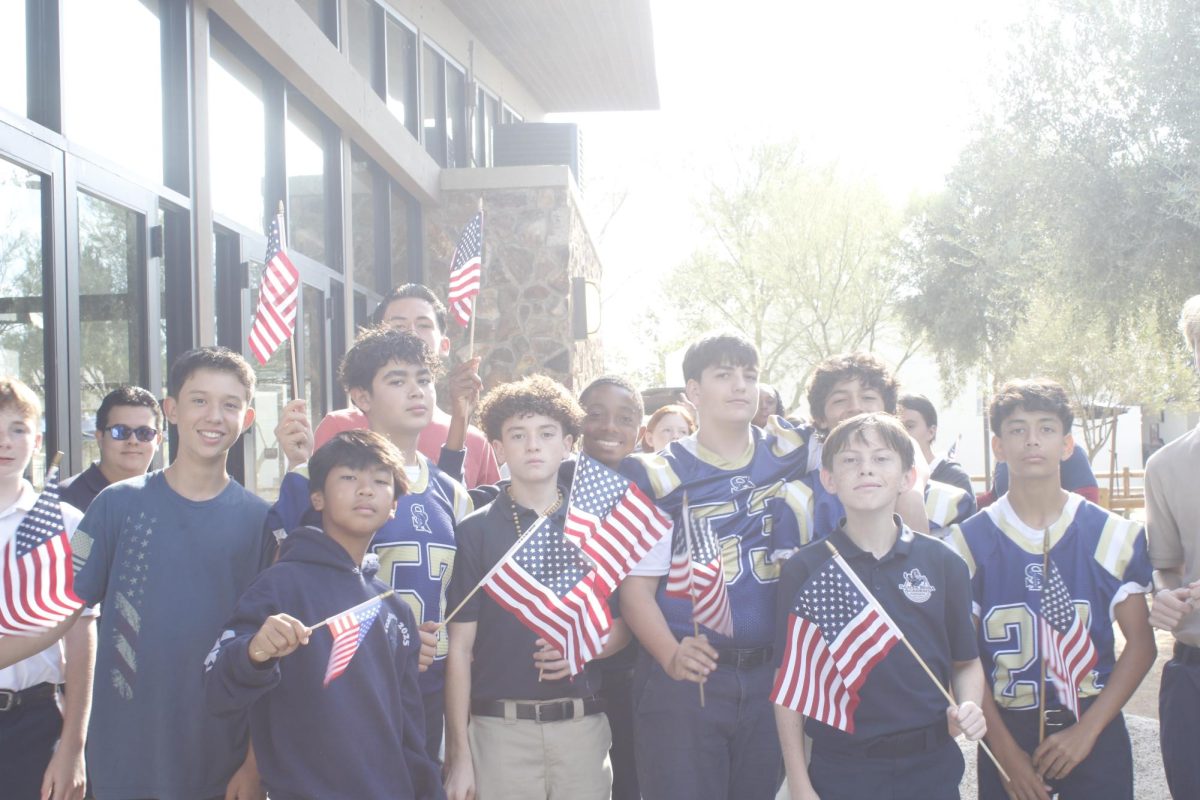In the era of advanced technology, students are increasingly turning to innovative solutions to navigate the challenges of academic life. One such tool that has gained popularity is ChatGPT, an AI language model developed by OpenAI. While ChatGPT is designed to assist and enhance learning, some students are tempted to misuse it by employing the tool to fabricate assignments. This raises ethical concerns about academic integrity and the impact of such practices on the educational landscape.

The Rise of ChatGPT in Education: ChatGPT, with its natural language processing capabilities, has become a valuable resource for students seeking assistance with their coursework. Its ability to generate coherent and contextually relevant responses makes it an attractive option for those looking to streamline the assignment process. However, the ease with which students can With the vast amount of information available online, students are faced with the temptation to take shortcuts in their academic journey. ChatGPT, while intended as a learning aid, can inadvertently become a tool for plagiarism and academic dishonesty. The temptation to use the AI model to generate content for assignments becomes particularly pronounced when students face time constraints or find certain topics challenging.
The misuse of ChatGPT to fake assignments raises significant concerns about the integrity of educational assessments. Academic institutions place a high value on original thought, critical analysis, and independent learning. When students resort to using AI to produce content without genuine effort, it undermines the educational process and devalues the integrity of the assessment system.
Educational institutions and educators play a crucial role in addressing this ethical dilemma. By implementing clear guidelines on the responsible use of AI tools, educators can educate students about the importance of genuine learning experiences and the consequences of academic dishonesty. Additionally, integrating discussions about plagiarism and ethical behaviour into the curriculum can help foster a culture of academic integrity.
While the misuse of ChatGPT by students to fake assignments is a concern, it’s important to recognise the potential benefits of responsible use. When used as intended, ChatGPT can serve as a valuable resource for learning, providing insights, and aiding students in developing their understanding of complex subjects. Promoting responsible use involves fostering an understanding of the ethical implications and encouraging students to view AI as a tool for collaboration rather than a shortcut to success.
The prevalence of students using ChatGPT to fake assignments highlights the ethical challenges associated with the intersection of technology and education. Striking a balance between leveraging AI for constructive learning and preventing its misuse is crucial. By fostering a culture of academic integrity, educating students on responsible AI use, and implementing clear guidelines, educators can navigate this ethical dilemma and ensure that technology enhances, rather than undermines, the educational experience.
The entire first part of this article has been written by chatGPT The next visible section is written by:

Currently chat GPT is being sued in a class action lawsuit for stealing the quote “By collecting previously obscure personal data of millions and misappropriating it to develop a volatile, untested technology, OpenAI put everyone in a zone of risk that is incalculable” This case was filed on Wednesday, June 28 2023 This complaint claims that OpenAI products “use stolen private information, including personally identifiable information, from hundreds of millions of internet users, including children of all ages, without their informed consent or knowledge.” The lawsuit seeks payment of data dividends paying back all of the “stolen data.”
But the question still remains is any of the data truly stolen as most information about most people on the planet is already out there and publicly available? To prove my point I asked chat GPT who is Che’ Marroquin the AI program came back with startling results. These results showed a small but short summary of me stating where I lived what school I go to and that I was formerly a part of the Santa Rosa Football team. These results are quite startling when you begin to dissect the meaning of this. This means that all of your information is out there publicly available which is a known fact but even Chat GPT can find information about you. This shows why openAI is currently being sued for stealing people’s information to the point where you can ask an AI program to give you a detailed description of anyone you want anywhere.

This brings me to my next topic how will AI be regulated in our changing world? Well AI already is being regulated, regulated by the EU. Currently, new EU laws have been put in place for AI, These laws would subject AI technologies to new requirements, with “limited risk” These new AI systems are now required to abide by “transparency rules” and AI tools with “unacceptable” risks being outlawed from the EU. But the rules would not come into effect until 2025.
I believe we need to start adapting as a society to our new technologically advanced ever adapting world where AI starts to become in a sense the new calculator for us a society. I don’t think we should be afraid of AI we need to learn how to live with AI as a society, AI is a powerful tool that can be used to better us as a species overall. All of this change will start with sweeping legislations to regulate irresponsible use of such programs. Eventually when these changes come into effect the possibilities of AI and what we can do together will be limitless.














